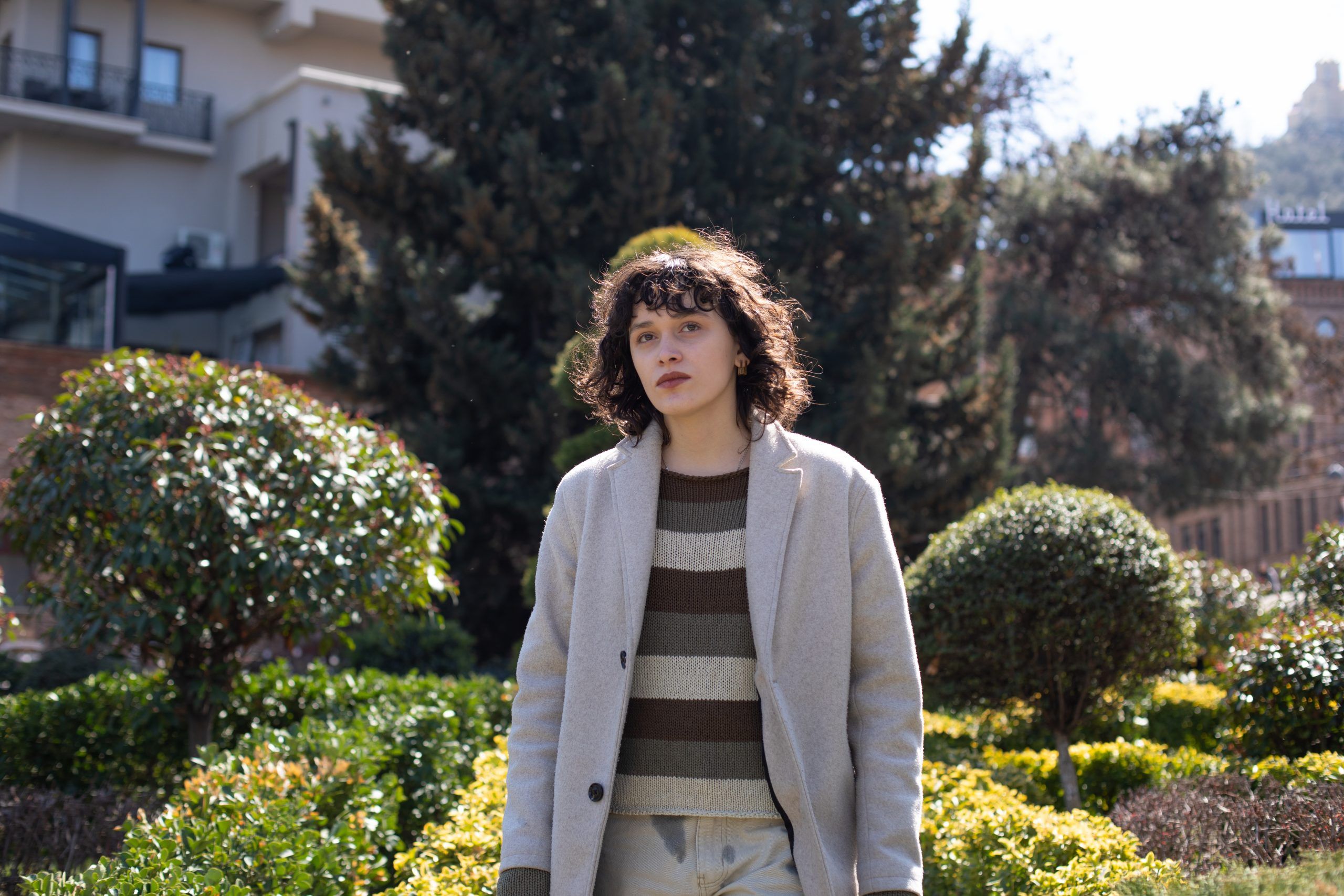
Oppressive Contracts Revised as Fashion Models Establish Trade Union to Protect Labor Rights
Professional model Anna Gavva began fighting for models’ rights after one of her colleagues was dismissed by a fashion week organizer last May. The model protested against being asked to work during the hours of the country-wide curfew set in place as a result of the COVID-19 pandemic; and asked the employer to provide her and her colleagues with transportation. Models had encountered problems before, but had been afraid to raise their voices without support from their co-workers. “Several girls decided to jointly protect models’ rights, but we needed to create a platfor,” says Anna, who established and heads the Models’ Trade Union to tackle this issue. “It was quite a difficult thing for us to do, but several organizations offered their help and things got much easier.”
“So, we set up the trade union and decided to hold a press conference and invite designers and Fashion Week organizers to discuss our concerns, but they were not ready for the conversation,” she says, adding that they intensified their efforts and involved respective state institutions, including the labour inspectorate, to inspect several modelling agencies. “Violations were revealed in all the agencies. Now we are awaiting the inspection reports and hope that the situation will improve,” Anna says, noting that constructive dialogue between the parties involved should be continued in order to achieve their goal.
“We didn’t know our rights, and didn’t realize that employers had violated them. Now we’re trying to save young models from going down the same road. We want to help them get the right perception of the existing challenges, know their rights and the situation in the fashion industry, and know how important it is to fight for their rights,” Anna says.
As a result of cooperation with the Georgian Trade Union Confederation (GTUC), the models received funding from the Job Equality: Equal, Inclusive & Safe Work Place in Georgia project funded by the EU, and used the funds to organize a press conference and present their trade union, and recruiting more models to fight for their rights.
“I can’t remember any model turning to GTUC before. They never realized they could fight for their rights, but after they learnt about the union, many asked for help in defending their rights,” recalls Raisa Liparteliani, deputy chair of GTUC. According to her, many models had oppressive labor contracts. “Our efforts haven’t been wasted, and employers revised the contracts bringing them in line with the law. The contracts now offer fairer terms and include termination clauses, so that the models can revoke them without being penalized. That’s why dialogue always makes sense, and we expect even more changes in the future,” she adds.
Although employers were disappointed with the courageous acts of Anna and her colleagues, and many agencies refused to cooperate with them, Anna believes that the struggle was worth it and existing problems can be solved through a constructive dialogue. While their opponents prepare for the dialogue, the models plan for raising awareness and inspiring other models to fight for their labor rights.
Read or watch more stories, developed within our campaign “Get Involved, make a difference” about the EU support to civic activism here